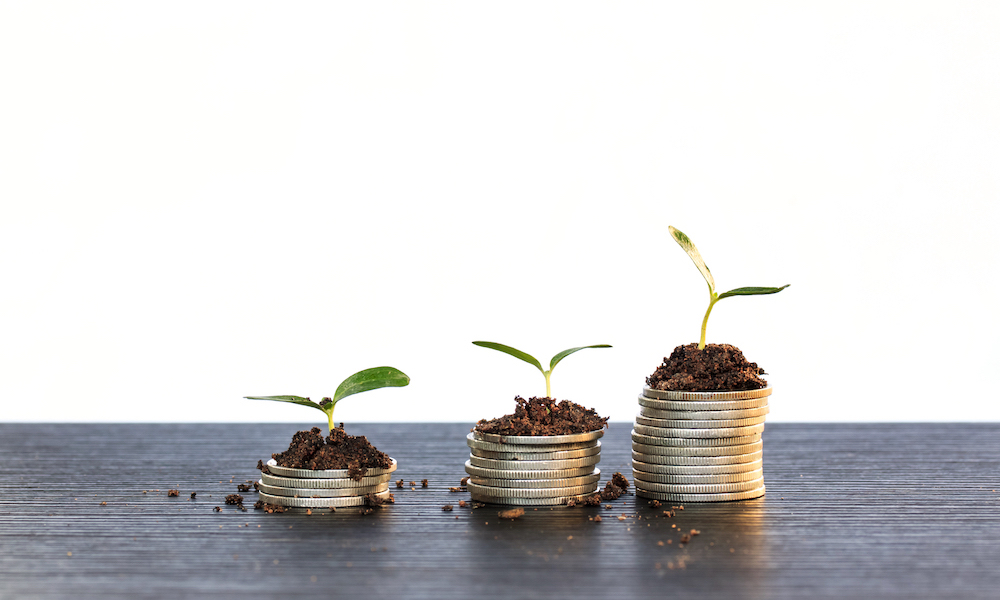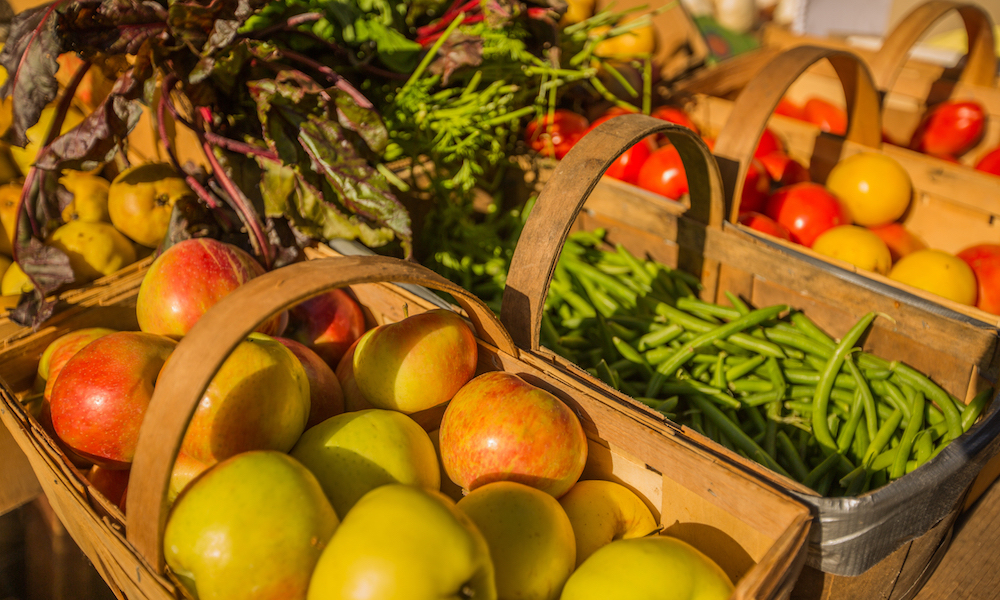Signing petitions, protesting and writing letters to MPs can become exhausting, especially when you start to feel like your efforts are hitting a wall. When is comes to climate change and the fossil fuel industry, your efforts may be doing just that, hitting a wall. We definitely need to keep up the good fight to help put an end to climate change. More importantly though, we need to use our own pockets and our everyday actions to undercut the industries that are fuelling this global crisis.
The fact that we have known about the human impact on global warming for over half a century, and yet are still in the crisis we are in today had always baffled me. How can our government have such an unsustainable approach to the climate crisis? Shouldn't it be in the interest of every citizen of the world (politicians included), our global economies, and of course natural environments to nip climate change in the bud?

After directing years of anger towards the government where I live, I pulled myself out of the fury and learnt three important lessons.
Firstly, as long as these industries are making enough money to help fuel economies and the pockets of our leaders, politicians have no incentive to ban, restrict or limit environmentally harmful behaviour. Except for perhaps the big old mess they're handing on to their children and their children's children, but let's push that aside for the moment.
Secondly, global leaders are merely puppets of their people. Similar to every character on Game of Thrones, most political parties have their eye on one prize only, the Iron Throne. Leaders will do everything it takes to be onside with the majority of constituents in order to gain and maintain power. This means that we the people have the power to bring about change. The power is in our hands to pull ourselves out of the climate crisis we find ourselves in today.
Finally, anger is more often than not a useless emotion.
So how can we, the people, mitigate climate change?

Know the impact of your dollar
Knowing where every dollar is spent and the impact of our dollars is the best way to ensure that we are not funding environmentally harmful companies and industries. This includes the food we eat, the clothes we wear and the transport we choose to take.
It's often difficult to know whether the products we buy have been produced ethically. Today, many brands are jumping on the 'eco-friendly' labelling bandwagon despite unethical practices. A couple tips for eliminating the impact of our pantries and wardrobes include buying locally produced food, making our own cosmetics and embracing second-hand fashion.
Check that your super is in the right place
Sometimes it's hard to know exactly where every dollar of ours is spent, especially if you have money in funds and investments. In Australia, superannuation funds provide members with the option to choose where their money is invested. Consolidating your superannuation ethically can be as simple as calling your fund and asking that your money not be invested in fossil fuel industries. You can also choose to switch to a fund that exclusively invests in ethical companies.
Reduce consumption
Living on less is possibly the most important thing that we can do reduce our collective impact on the planet. If we all bought less and used less energy, the positive impact would be enormous. In order to reduce consumption and live on less, it's important to take a look at the amount of energy we use, the amount of clothes we own and wear and the amount of food we buy and waste to ensure that we're only consuming what we need.
Switch to renewable energy
Although clean energy is often more expensive than energy sourced from fossil fuels, while more people invest, prices will inevitably drop. One report has suggested that renewable energy prices will drop by 60% by 2025. In the meantime, there are several small actions that we can take to offset the price difference. Using cold water instead of hot water when washing clothes, turning off power points when they're not in use, taking shorter showers and keeping rugged up in winter instead of using a heater can make a big difference.

Buy local and grow your own
Buying local food and beverages is a great way to reduce the carbon miles of your pantry. All food originates somewhere, and if it has travelled to your dining table via plane, its impact on CO2 emissions is a lot larger than if it had travelled only a few kilometres. Even better than buying local produce is growing your own food. If you have the space and time, growing your own produce can be a highly rewarding and healthy option for feeding you and your family.
Revolting against the industries that are fuelling climate change may be as simple and innocuous as being aware of our actions and spending, and reducing our individual impact.
Read this next: Three Reasons To Feel Hopeful In 2017
We're in a climate emergency and it's going to take all of us to get out of it. That's why 1 Million Women is building a global community of women committed to fighting climate change with our daily actions. To join the (free) movement just click the button below!

